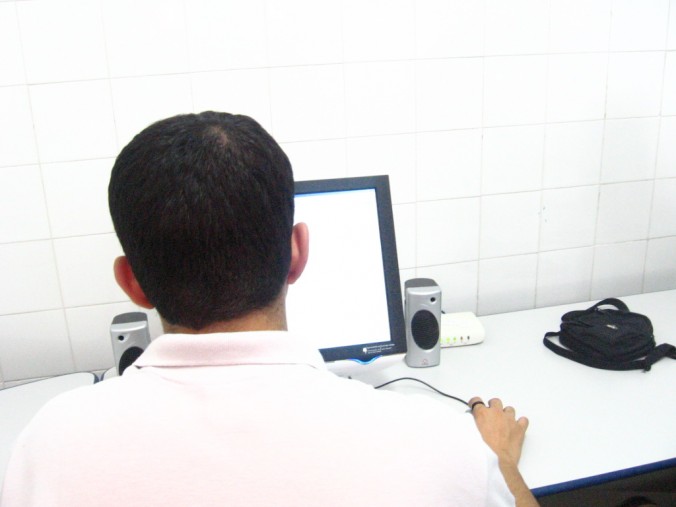Campus recruitment, while rewarding, can be challenging. It requires recruiters to think outside the box, and identify potential within students and grads who are, by and large, inexperienced. Some individuals have a natural talent for their job, while others learn techniques that eventually separate them from the pack. There’s no magic formula for becoming the best in your field – but there’s definitely a lot to be said for those who observe and emulate the best qualities of successful professionals in their business. We’ve compiled 7 habits of successful campus recruiters for you to try during your next recruitment event.
1. They learn about their target audience
It’s not just about knowing what they’re looking for in a job – it’s about being in tune with students and grads in general. Get involved with a few popular trends that your target audience is into, whether it’s getting an Instagram account or watching some popular movies. Even if you don’t end up talking about that activity, you’ll gain insight on their “culture,” and how you can effectively engage and communicate with them. A little effort can go a long way!
2. They create interactive spaces
During info sessions, students and grads come in with the expectation that they’ll be talked at, not talked to. The best campus recruiters take advantage of that expectation – they think outside the box and get them involved in more hands-on activities during the event, whether it’s role playing or doing a survey. When candidates are physically engaged, they are more likely to create a subconscious bond with the company.
3. They ask questions that matter
It’s important to show students and grads that, first and foremost, you are interested in them. Yes, it’s important to go over their education and their past work experience. But students don’t want to show you a work history – they want to talk about their passions and qualities, and how their work ethic makes them stand out from your other candidates. Plus, they’ll feel a lot better knowing they were hired because they were the right person for the job – not because they simply matched the job requirements.
4. They engage with the best in their business
What better way to stay on top of your recruitment game than by connecting with others in your industry? The internet makes it very easy to stay up to date with other campus recruitment professionals – join related groups on LinkedIn and follow established recruiters online. If you get the opportunity to attend a networking event, don’t shy away from swapping a few business cards.
5. They always have an open door
It’s no secret that campus recruiters are always on the move. But no matter how busy they get, the best campus recruiters always make it clear that their door is open. Eliminating a student or grad’s hesitancy to send an email helps to move the recruitment process along, and allows candidates with initiative to reach out to you. Plus, it’s a great means for forging a great and lasting connection.
6. They respond promptly
If you make it clear that your door is open, but don’t answer in a timely fashion, chances are you’ll look dishonest and unprofessional. Keep your promises – if you say the best way to reach you is by email, be sure to respond to them within 24-48 hours. If you don’t have a response right away, a quick email letting them know that you’ll look into it does wonders. If you’re worried about them falling off your radar, invite them to follow up by a certain date if they haven’t heard back from you.
7. They know when to relinquish control
Finally, the best recruiters know that in order to examine the potential in a candidate, it’s important to give them space to act freely. Although they’re in a controlled environment, you can still loosen the structure they have to follow, and see how they respond. Talk to them like a colleague and engage them in casual conversation. When you equalize the roles of the candidate and the recruiter, you can get a sense of how they’ll behave in a work environment. Discussion: Do you agree with the above points? What would you add/adjust on this list?
Do you agree with the above points? What would you add/adjust on this list?



